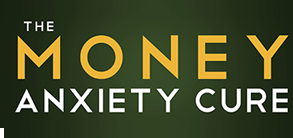Keeping Your Cool In Trying Times Starts With Self-Awareness
Have you considered taking a Myers-Briggs Personality Type Indicator? Article inspiration from Forbes, June 2020 Moderate stress is normal and has positive benefits. As stress levels ratchet up, however, our thinking can become clouded by negative emotion, and in these states, we can be prone to make poor decisions, as demonstrated by a 2017 study by Wemm …
Keeping Your Cool In Trying Times Starts With Self-Awareness Read More »
